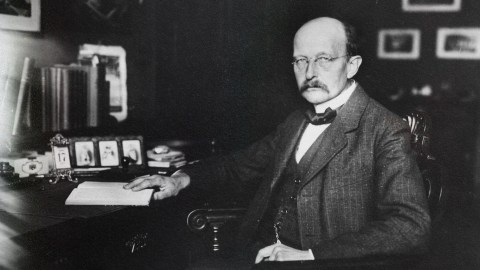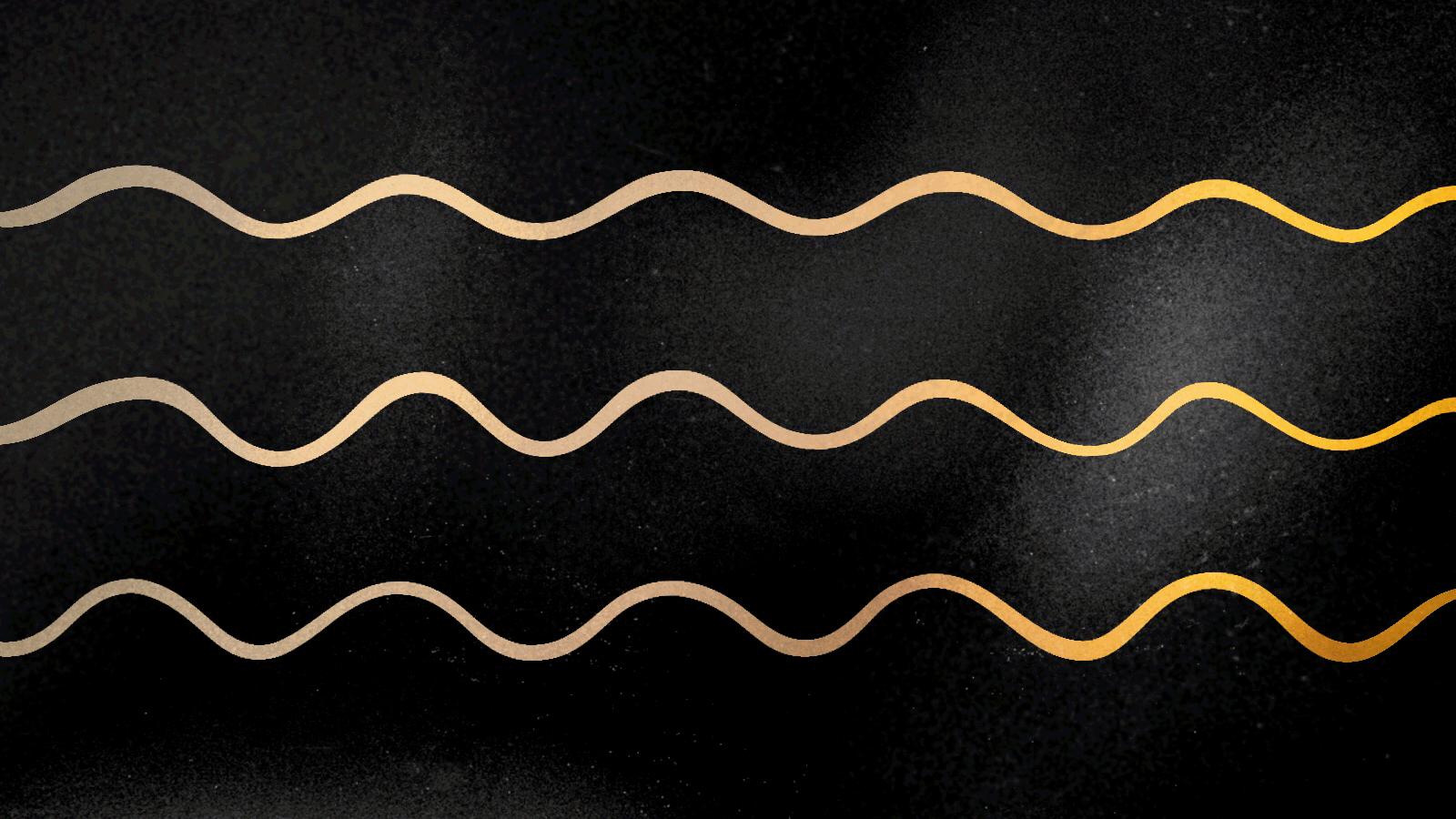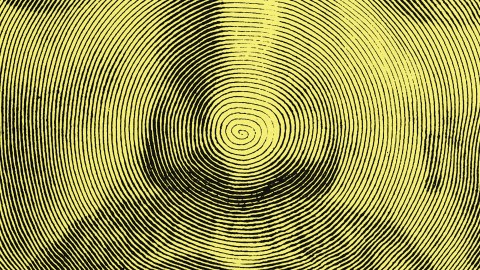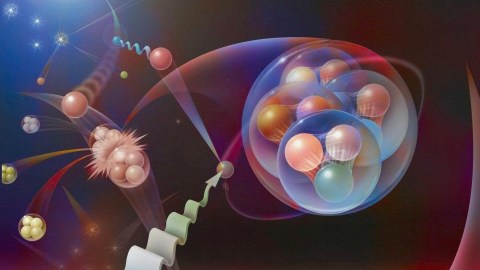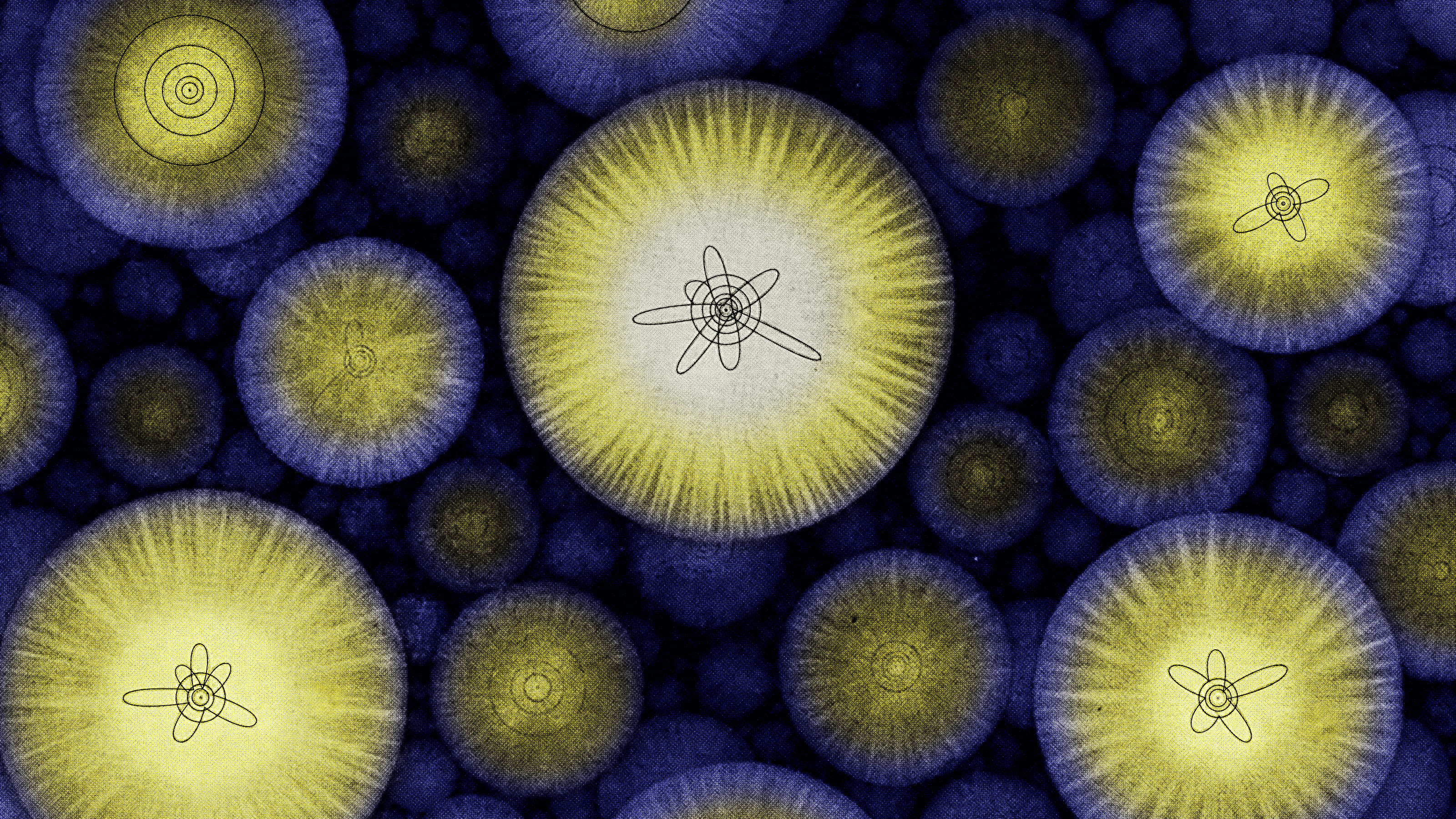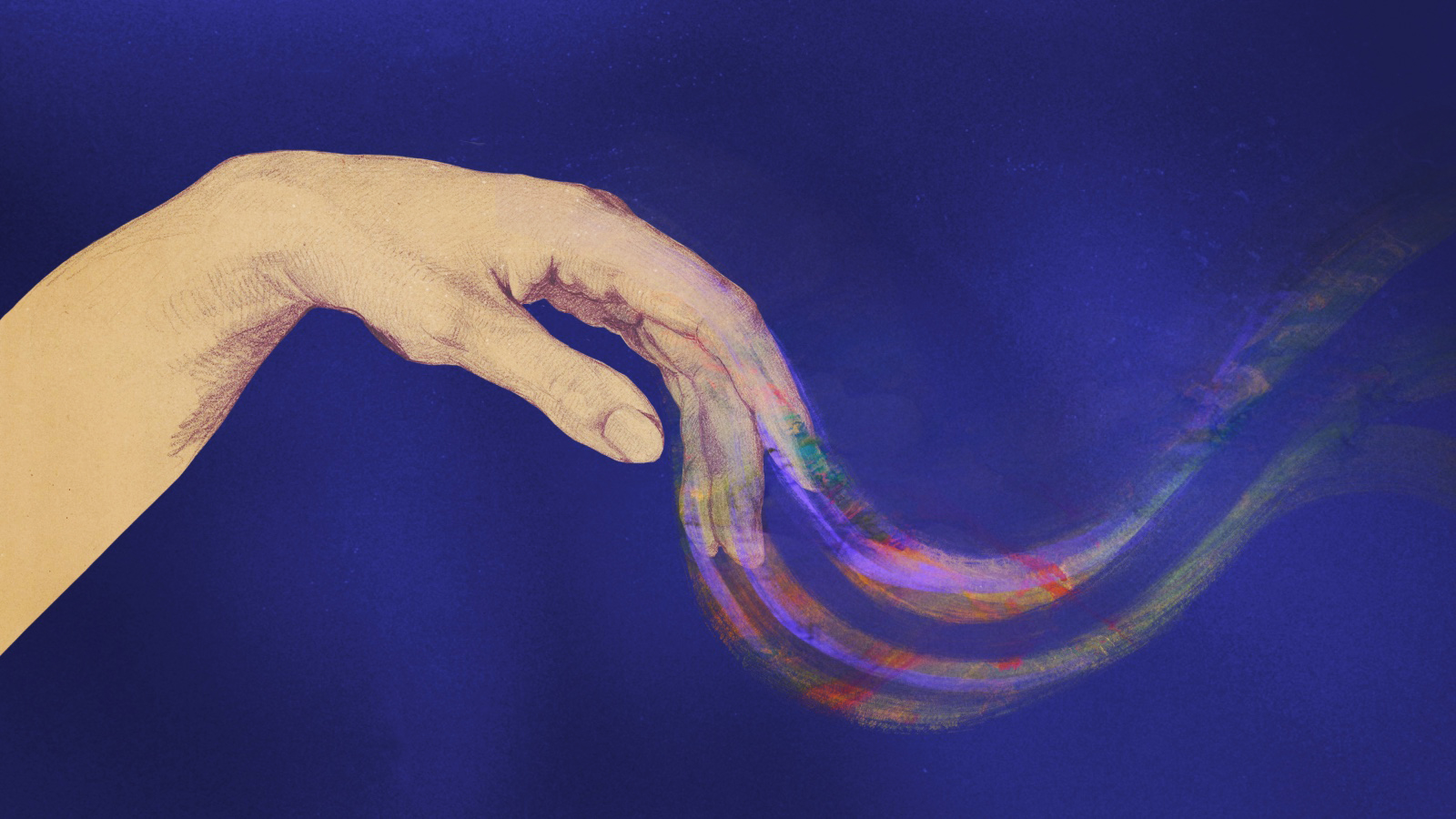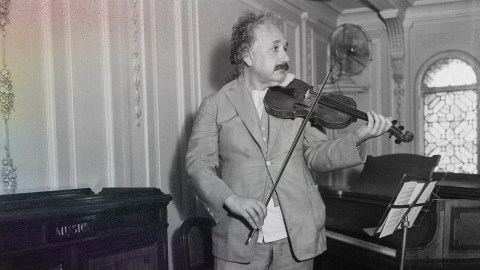A brief history of quantum mechanics
Quantum physics changed the world. Today, our lives literally depend on computers and smartphones, but the science that underlies these technologies — quantum physics — remains an enigma. In fact, the science is so incredibly strange that physicist Richard Feynman once quipped, “I can safely say that nobody understands quantum mechanics.” He’s right. But why is it so different from what we are used to in our everyday lives? In this 10-part series, astrophysicist Dr. Marcelo Gleiser explores the history and conceptual weirdness of quantum mechanics from its early years to the present day — along with its unsettling philosophical implications.

“Bohr saw what no one could see at the time:
that atoms are nothing like people had thought for at least 2,000 years. In fact, they are like nothing anyone could have imagined at all.”
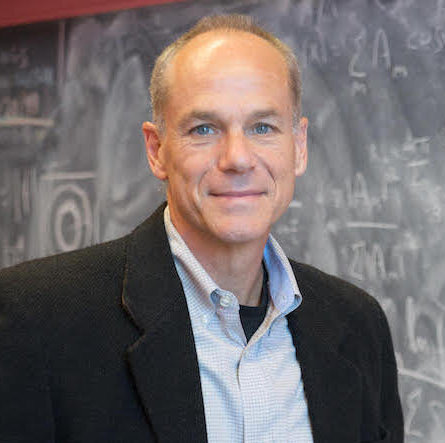
“With Einstein’s enthusiastic support, de Broglie boldly extended the notion of wave-particle duality…
…from light to electrons and, by extension, to every moving material object.”

“Quantum uncertainty was a devastating blow to those who believed…
…that science could provide a deterministic description of the world: that action A causes reaction B. Could nature be this absurd?”

“To the end of his life, Einstein could not resign himself to the new worldview coming from quantum physics —
— that set of beliefs that told us, in essence, that reality was only partially knowable to us humans, and that the very core of nature was hidden from our powers of reasoning.”

